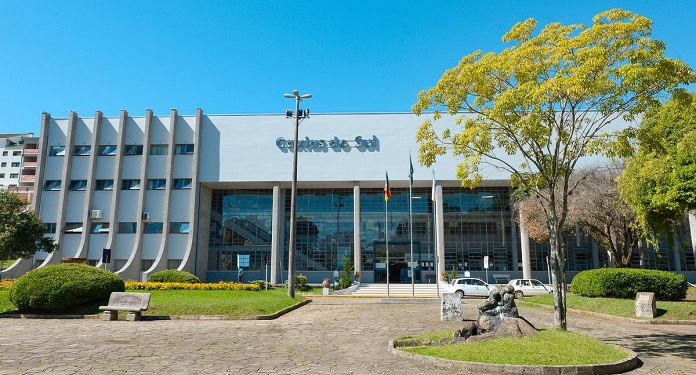The City Hall of Caxias do Sul filed in the City Council, last week, the Bill (PL) that establishes the municipal public service of lotteries and other measures. In the explanatory memorandum of the proposal, the executive argued that, considering the current economic situation, it is essential to develop new instruments that make it possible to raise funds by means not yet used.
The secretary of Strategic Partnerships, Maurício Batista da Silva, explained that the objective is to regulate the lottery process in Caxias do Sul so that the way is opened for the structuring of specific lotteries, scratch cards, and other models that aim to increase the municipality’s collection in the future. . The destination of these resources would be social security, which is the object of the lottery, but could also benefit health, culture, etc.
“After the law is passed, at first we will start the diagnostic studies: who is the public in Caxias, what is the potential for collecting these lotteries. From then on, we will be able to work separately on products, sports lottery, in short, suitable for the city’s betting pattern, so that in the medium term we can launch public notices”, said the secretary.
“In this way we can have the private sector offering these services and sharing the collection values with the municipality, after deducting the premiums”, he added.
STF decision allowed states and municipalities to explore the lottery service
According to a note from the Municipality of Caxias, the creation of the lottery is based on a decision taken by the Federal Supreme Court (STF) in 2020. At the time, the Supreme Court defined that the Union does not have exclusivity for the exploitation of lotteries.
“There is a discussion about the ability of municipalities to have lotteries. We are monitoring several processes, from other municipalities and even states. However, with this first step in the development of the study, we would not have any impact on the municipality”, concluded Maurício Batista da Silva.




















































